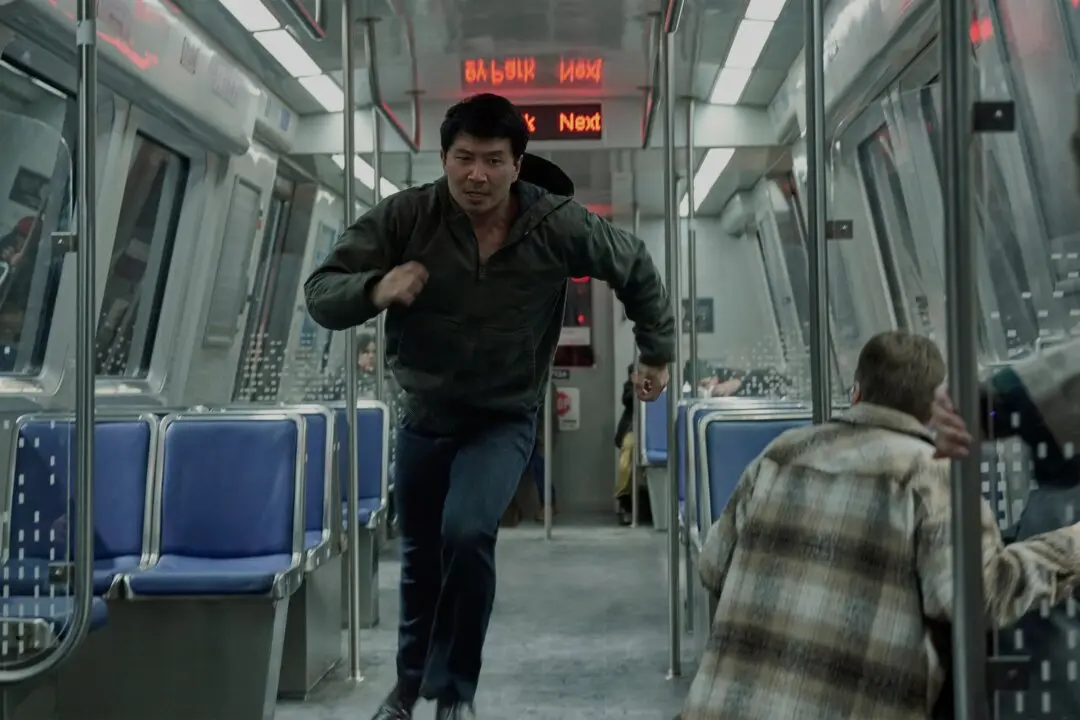R | 1h 51min | Drama, biography | January 24, 2023
All bookstores have a unique advantage in the retail world. Thanks to a policy adopted during the Great Depression, all book retailers can return any unsold books to publishers for full credit (in rare cases, some minor penalties might apply).




